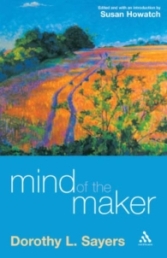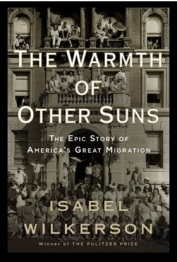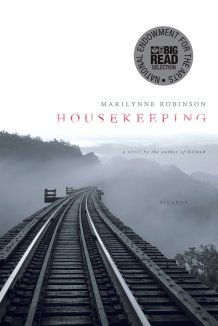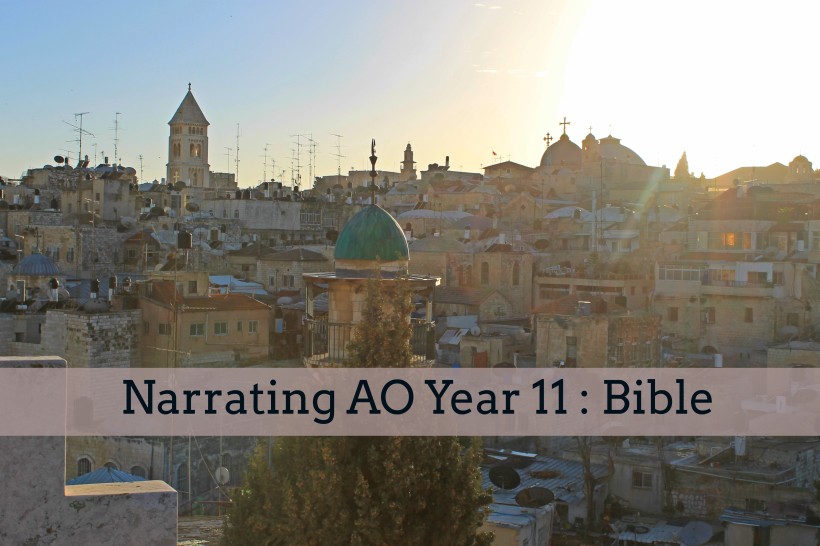It seems appropriate that this post go out in January; otherwise it doesn’t really feel like a New Year post. The truth is, though, I’ve been experiencing a lot of ambivalence and indecision about the kinds of study I want to pursue this year and about the way I want to focus my time in general. So let’s just say this is less of a plan and more of a trajectory, which could potentially change course.
We’ve got some categories:
1. Ambleside Online Year 11
I got attached to Year 11 when I was looking around for a Bible reading plan for myself. Lamentations through the minor prophets looked especially appealing and challenging to me, and I’m making myself narrate every reading. But the general theme in Year 11 (equivalent to junior year of high school) is that remarkable point in history when “the sacred canopy” fully disintegrated (post WWI), which is of particular interest to me. I am a lover of modern art, especially abstract expressionism, and some of my favorite literature is that which squarely faces the despair of this time period. So I guess I’m not your typical classical homeschooler! I feel an almost desperate need to understand my own time–perhaps because we work with college students, or it could be that what was being expressed in the first half of the 20th century isn’t that far off from what’s being expressed now. Year 11 offers me some fine options for exploration, especially from writers who were standing their ground for tradition, order and norms.
classical homeschooler! I feel an almost desperate need to understand my own time–perhaps because we work with college students, or it could be that what was being expressed in the first half of the 20th century isn’t that far off from what’s being expressed now. Year 11 offers me some fine options for exploration, especially from writers who were standing their ground for tradition, order and norms.
I’ve already read Brideshead Revisited, Fahrenheit 451, The Great Gatsby and quite a few of the free reads, including 84 Charing Cross Road (so fun!). Several of my all-time favorite books are also on that list: To Kill a Mockingbird, The Violent Bear It Away, Peace Like a River and The Chosen. Why We Can’t Wait, originating from Dr. King’s Letter From a Birmingham Jail, which is still frighteningly timely and was viral on MLKJ Day this year, is also listed.
I’m currently working on Ourselves and Christy, and I’m looking forward to reading The Mind of the Maker, Amusing Ourselves to Death and some Edna St. Vincent Millay.
2. The Origins of American Conservatism
It’s probably fitting then that I am also planning to spend quite a bit of time with Russell Kirk and Marilynne Robinson, in an effort to understand our current political climate, especially the origins of conservatism in America, because I am completely in the dark.  Living in Detroit, I find myself asking questions that liberals are answering and generally unable to conceive of the questions conservatives are asking (and I’m not talking about Trump-supporters here). I’d like to understand better, because honestly I feel a little alienated from the Christian homeschooling world at the moment. Believe me, I come at this topic with fear and trembling and many many prayers for humility.
Living in Detroit, I find myself asking questions that liberals are answering and generally unable to conceive of the questions conservatives are asking (and I’m not talking about Trump-supporters here). I’d like to understand better, because honestly I feel a little alienated from the Christian homeschooling world at the moment. Believe me, I come at this topic with fear and trembling and many many prayers for humility.
In this category also goes the poetry of T.S. Eliot–a volume of his collected poems is on its way to me right now!
3. The Leadership of People of Color
Lori Harris recently put out a list of her favorite books written by people of color, which I intend to read through. One of my big goals for this year is to step deeper into community with people who are different from me, especially to allow their voices to speak into my life and lead me. My favorite podcast right now is called Pass the Mic, put out by the Reformed African American Network, and I can’t recommend it highly enough for this purpose.
 4. Group Discussion
4. Group Discussion
I’m facilitating discussion of Dante’s Purgatory and Paradise on the Expanding Wisdom Facebook group this year for sure. Beyond that lurks the ambivalence. I have opportunities to join two separate local CM book studies, but I’m not sure I will do either (see point above about diverse community). I was looking forward to following along with Close Reads’ discussion of a Dorothy Sayers mystery novel, but just finally admitted to myself that I don’t have time. Maybe I’ll jump back on for the next pick.
5. Piano
I sorta kinda play the piano and got back into it in a big way last year. Am currently working on Moonlight Sonata. Am amateur to the max.
There you have it! I’m sure I’ll have a good laugh over this “trajectory” in December. As a beloved tour guide once repeated ad nauseum in Israel: “We’ll see what the Lord has.”

 The Broken Way
The Broken Way  just required such slow, careful, researched reading, but it was worth the time and effort. The chapter on Christian
just required such slow, careful, researched reading, but it was worth the time and effort. The chapter on Christian  The Wind In the Willows
The Wind In the Willows 





